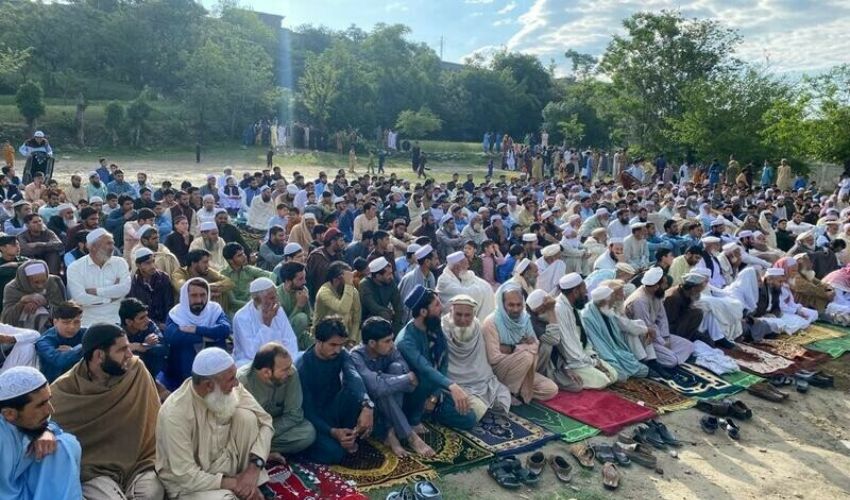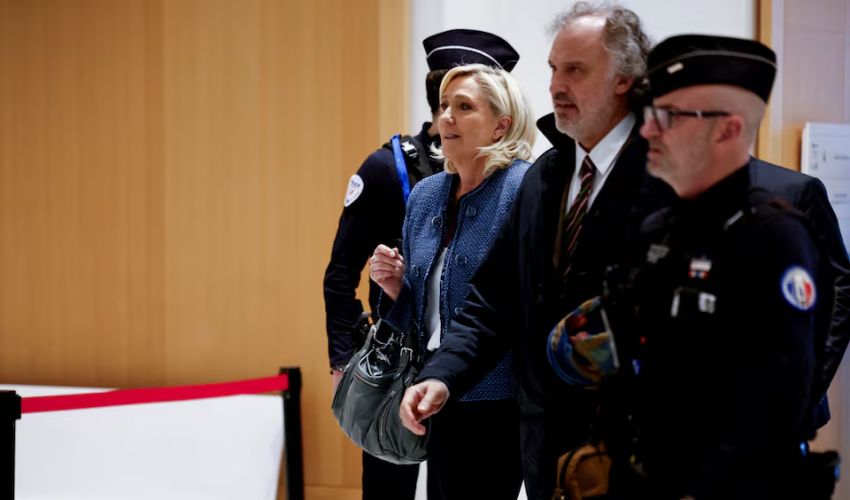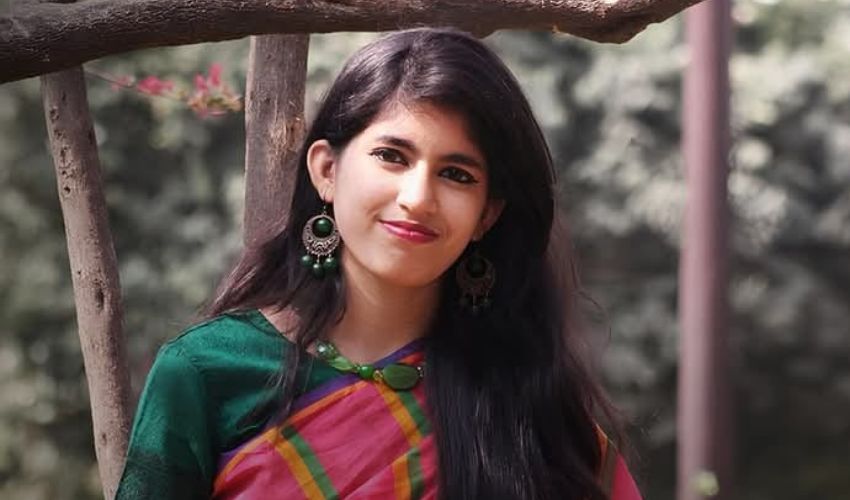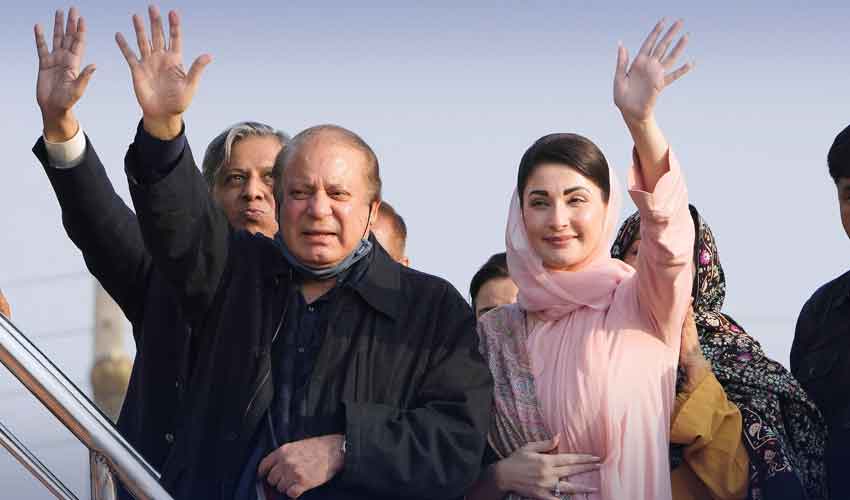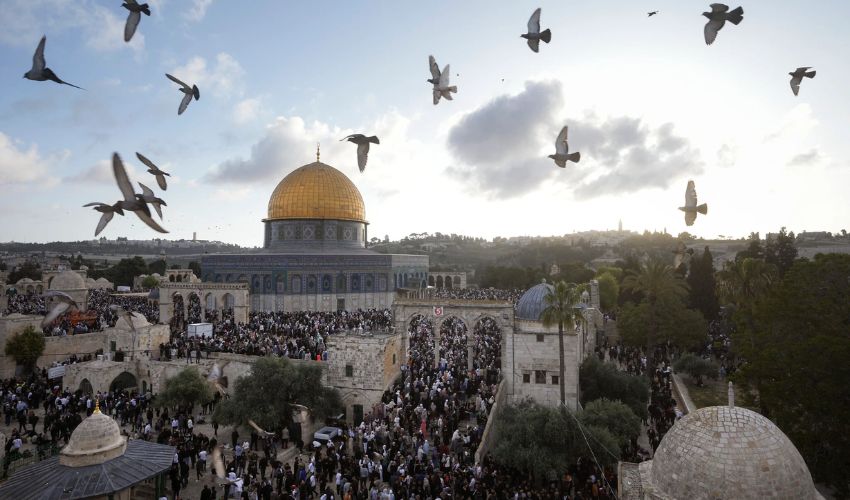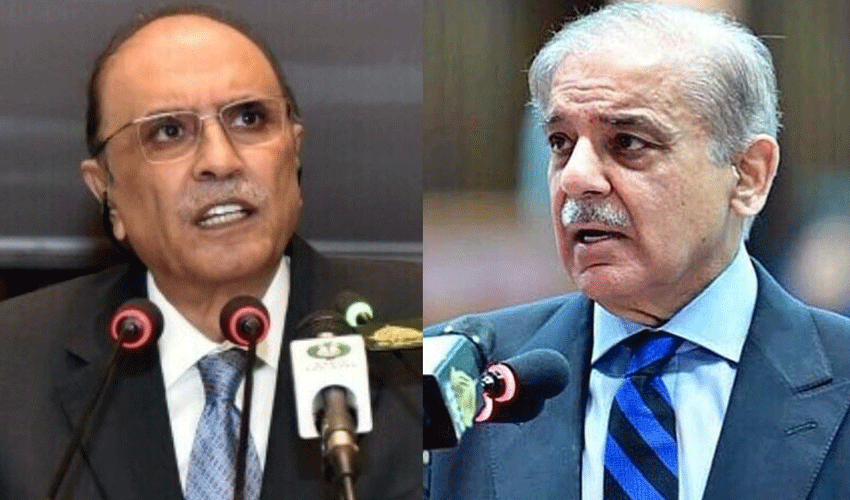Pope Francis dismissed US bishop Joseph Strickland, a prominent conservative who had repeatedly criticised his papacy, following concerns over the clergyman's leadership and governance.
The Vatican did not explain the move, a rare sacking in the Catholic Church, where troublesome senior clerics are normally encouraged -- or told -- to resign.
But a US cardinal said it was linked to an inquiry ordered by Francis into "all aspects of governance and leadership" of Strickland's Tyler diocese in Texas.
Cardinal Daniel DiNardo, also of Texas, said the so-called apostolic visitation in June had reported back that it was "not feasible" that the bishop stay in office.
He revealed that Strickland, 65, had been asked on Thursday to resign, but refused -- prompting Francis to step in.
"The Holy Father has relieved from the pastoral governance of the diocese of Tyler (US) Joseph E. Strickland," the Vatican said in a statement.
It said the bishop of Austin, Joe Vasquez, had been named as apostolic administrator of the diocese, but gave no further details.
"I stand by all the things that were listed as complaints against me," Strickland told a conservative Canadian Catholic website in an article published Saturday, adding that he did not implement some of Francis's reforms because "I can't starve out part of my flock."
"I'd do it the same way again," he was quoted by LifeSiteNews as saying.
- 'Reactionary attitude' -
Strickland was appointed by Benedict XVI in 2012, and became one of the most prominent critics of his successor, Pope Francis.
The Argentine pope, 86, has sought since taking office 10 years ago to forge a more compassionate Church, open to different views.
But he has faced intense opposition from critics -- particularly in the United States -- who accuse him of causing confusion and failing to uphold key Catholic beliefs.
In a message earlier this year on X, formerly Twitter, Strickland said that while he recognised Francis as the pope, "I reject his programme of undermining the deposit of faith".
Many of Francis' critics complain he is not outspoken enough on abortion and too compassionate towards homosexuals and divorcees.
Francis, in turn, lamented earlier this year the "strong reactionary attitude" of some Catholics in the US, who he said do not understand the "evolution in the understanding of matters of faith and morals".
- 'Speak His truth' -
The Vatican has not commented on its inquiry into the Texas diocese, but Strickland previously said that two US bishops spent a week conducting interviews -- including with him -- about the situation there.
In a blog post in September, he addressed rumours that he would be asked to leave voluntarily.
"I cannot resign as bishop of Tyler because that would be me abandoning the flock" under his care, he wrote.
"I have also said that I will respect the authority of Pope Francis if he removes me from office as Bishop of Tyler."
He added that he loved Jesus Christ and the Church, and "my only desire is to speak His truth and live God's will to the best of my ability".
Commentators say it is extremely rare for a bishop to be directly relieved of their position -- but not unprecedented.
Francis dismissed a bishop in Puerto Rico, Daniel Fernandez Torres, in similar fashion in March 2022, with the Vatican again giving no reason.
Torres claimed he had been told he had not been "obedient" to the pope and did not have sufficiently good relationships with fellow bishops.
Media reports at the time noted he had supported those who refused compulsory coronavirus vaccinations.
In a statement published on Saturday, Cardinal DiNardo, who is also Archbishop of Galveston-Houston in Texas, explained the process with Strickland.
After the visit to the Tyler diocese, "the recommendation was made to the Holy Father that the continuation in office of Bishop Strickland was not feasible", he said.
The decision to ask Strickland to resign -- and ultimately dismiss him -- followed "months of careful consideration", he added.
There are more than 120,000 Catholics in the diocese of Tyler, out of a total population of more than 1.4 million people, according to the US Conference of Catholic Bishops









